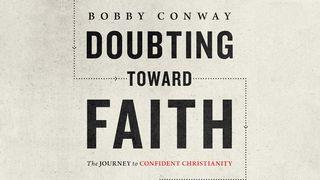Worldviews 101Sample
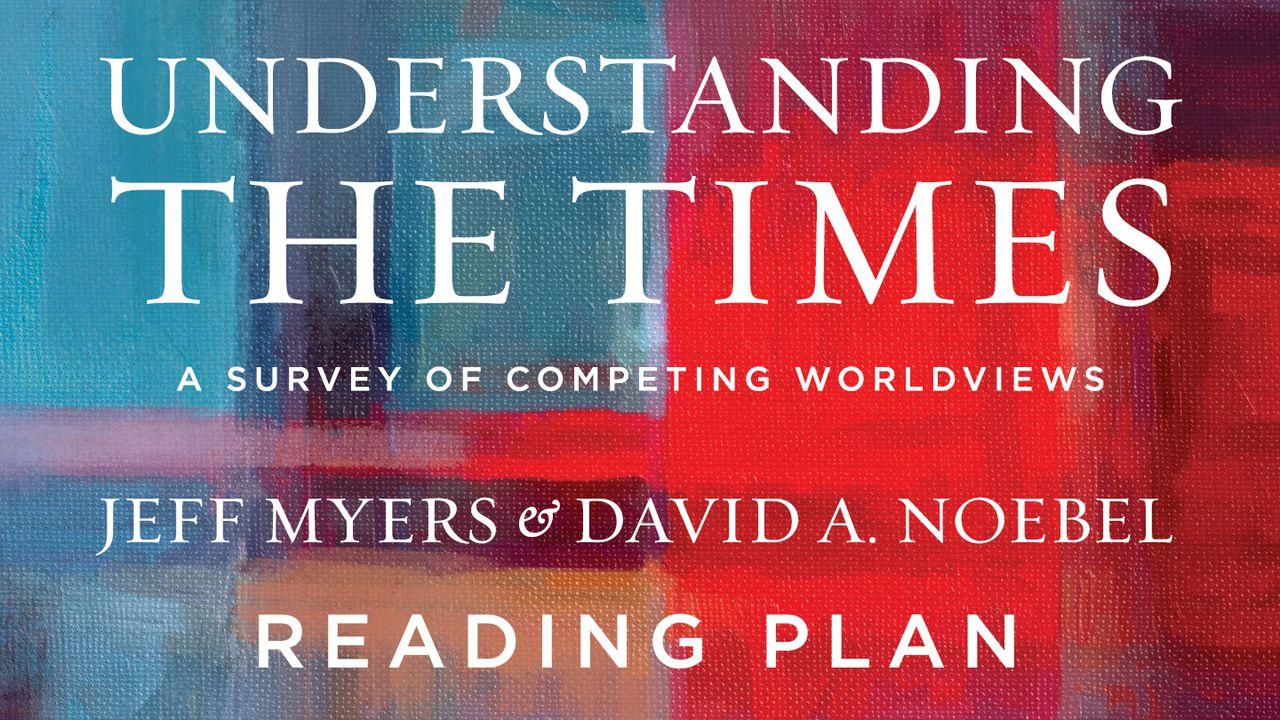
Why Should We Care
As people try to figure out the rules and patterns of the world, they diagnose what is wrong with the world and suggest prescriptions. As in medicine, a wrong diagnosis could mistreat a disease or leave a serious illness untreated. If everyone lived in isolated caves, the consequences of our actions wouldn’t affect others. But we aren’t isolated. We live in families, communities, cities, and countries. The consequences of bad beliefs can cause serious pain. Some ideas in history have led to death for millions. Nazism systematically exterminated 21 million people, not counting the tens of millions who died in battles initiated by the Nazi regime. Communist regimes slaughtered well over 100 million people in the twentieth century. As we will see in the chapter on Marxism in this volume, the slaughter continues to this day.
Every one of these deaths was in the service to an idea. Ideas have consequences, sometimes unspeakably tragic ones. Like a wildfire, these ideas began with a single flame and rapidly spread before a stunned and unprepared populace, engulfing millions. People thought Adolf Hitler was a pompous fool early in his career. Who could have predicted he would actually amass enough power to slaughter millions? Similarly, who could have imagined that a radical writer named Karl Marx, a man deeply unpopular even with his friends, would be capable of unleashing an idea-communism—that would destroy more people than any other idea in history?
Is it possible to understand ideas and their consequences? More important, is it possible to identify bad ideas in time to stop them before they can lay waste to the lives, hopes, and dreams of people? Fortunately, the answer is yes. To grasp the world of ideas we don’t need to know everything about everything. In the following pages, we’ll take an in-depth look at the pattern of ideas, beliefs, convictions, and habits that makes up the Christian worldview. We’ll suggest that understanding Christianity as a worldview will help make sense of the world. Understanding other worldviews, other patterns, will confirm the essential truth of Christianity.
Here’s a sports analogy: let’s say you play against a team with sixty completely different plays. It would be hard to prepare for such a complex strategy. But if you know the team actually has six basic plays, each with ten variations, then by figuring out the six plays you can make better guesses about each variation and know how to counteract them.
In this book, we’ll discover the six plays and the ten variations that worldview “teams” are running these days. Based on this, we’ll form a mental model from which we can make more accurate guesses about how people all over the world see things. We will examine six dominant worldviews: Christianity, Secularism, Marxism, Islam, New Spirituality, and Postmodernism. Each of these six worldviews claims to present the truth. We’ll examine each in ten key disciplines to see whether they are, in fact, true.
Scripture
About this Plan

Everyone has a worldview, but what does that mean in today's world of skepticism and doubt? Taken from Summit Ministry's completely rewritten "Understanding the Times."
More
We would like to thank David C Cook for providing this plan. For more information, please visit: http://www.dccpromo.com/understanding_the_times/
Related Plans
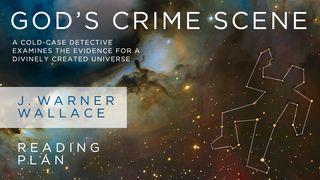
God's Crime Scene
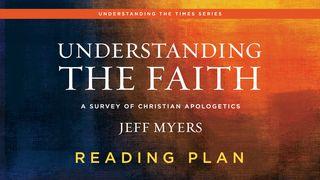
Apologetics 101
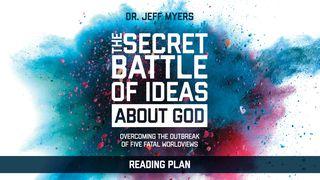
The Secret Battle Of Ideas About God

Jesus Answers 9 Essential Questions

7 Hebrew Words Every Christian Should Know

Outlaw Christian: Finding Authentic Faith
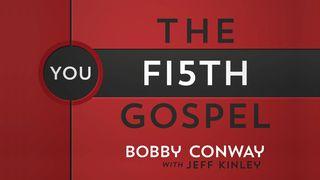
One Minute Apologist "The Fi5th Gospel"
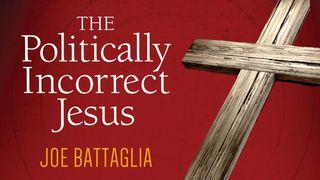
The Politically Incorrect Jesus

Three Words From The Creation
